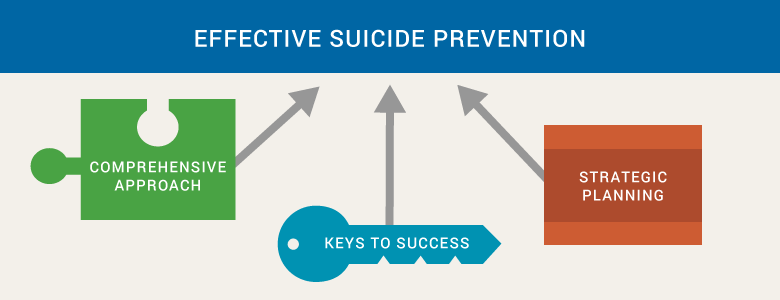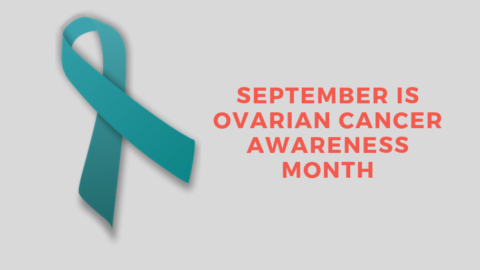May is #MentalHealthMonth. With the stress and uncertainty caused by the COVID-19 Pandemic, this is an important time to refocus on our mental health.
As described in a recent issue brief from the Kaiser Family Foundation, COVID-19 may have a broad range of impact on mental health, substance abuse, and suicide. However, I am encouraged by efforts across the United States to promote social connectedness and proactively address the effects of the pandemic on our mental health.
I considered the role I can play in better supporting my community’s mental health. As public health professionals and health educators, we can play essential roles in bringing communities together to support mental health and prevent suicide.
I want to take this time during #MayMentalHealthMonth to highlight free resources from the Suicide Prevention Resource Center (SPRC) that guides our efforts to support the mental health of our local communities. SPRC is funded through the Substance Abuse and Mental Health Services Administration to serve as a national resource center for suicide prevention and is a project of Education Development Center.
As we continue to monitor the impact of COVID-19 on our communities’ mental health, SPRC has compiled a selection of resources on mental health and coping during the pandemic. The information is organized for a variety of key audiences such as parents, older adults, and workplaces. Use this web page to identify resources you can use to best support your community’s mental health. Visit www.sprc.org/covid19.
If COVID-19 has you addressing suicide prevention for the first time or refocusing on suicide prevention in your community, SPRC has a wealth of resources to help you lead community-based suicide prevention. You can learn the basics about suicide prevention from the scope of the problem, to the populations most at risk, to effective suicide prevention strategies for different settings. Visit www.sprc.org/about-suicide.
As public health professionals, we stand in key community positions to promote a public health approach to suicide prevention. SPRC’s Effective Prevention Model provides guidance on components critical to implementing this public health approach. SPRC’s Model includes Strategic Planning, Keys to Success (such as using safe messaging and culturally competent approaches), and a Comprehensive Approach to Suicide Prevention with evidence-based strategies. SPRC offers resources, trainings, and guidance around the Effective Prevention Model that your community can use in its suicide prevention efforts. Visit www.sprc.org/effective-suicide-prevention.
We can also use this time to promote the development of infrastructure that supports sustainable programming, funding, and resources for both mental health and suicide prevention. SPRC’s Recommendations for State Suicide Prevention Infrastructure provide the first-ever essential elements for developing this infrastructure across the United States. I encourage you to use this resource throughout #MayMentalHealthMonth and beyond to show the need for stronger suicide prevention infrastructure. Visit www.sprc.org/state-infrastructure.
Together, we can use the spotlight afforded to us by the pandemic and #MayMentalHealthMonth to shine light on the importance of community-level mental health and suicide prevention.
Shawna Hite-Jones, MPH, CHES


